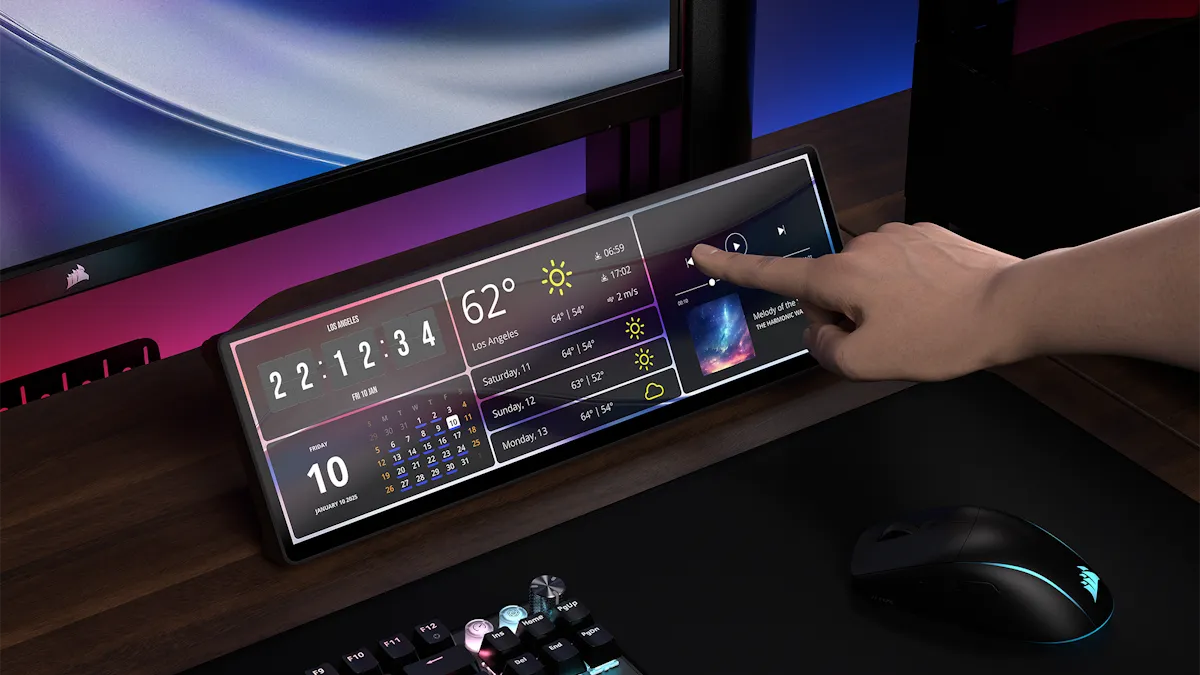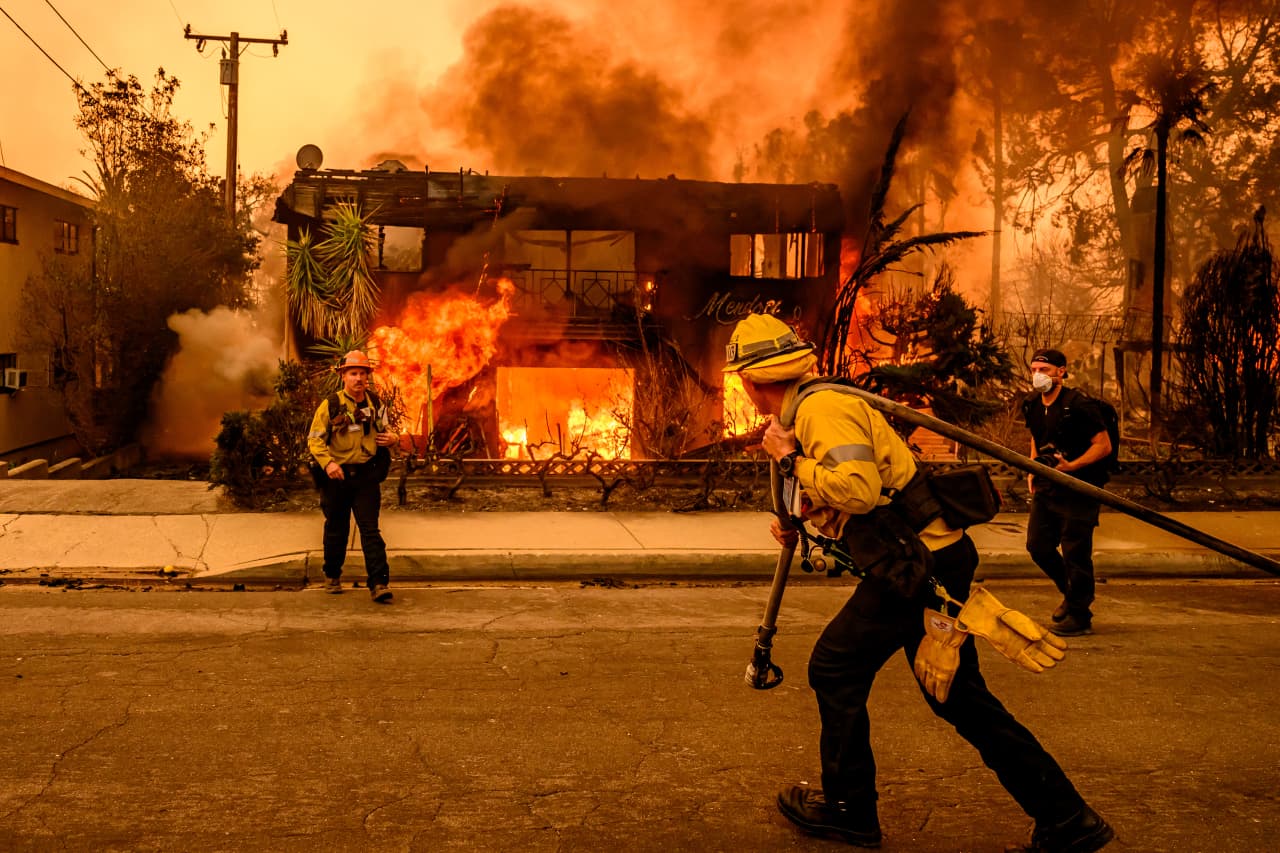Welcome to the Overworld of the metaverse! Find a comfy spot, select your preferences, and build your avatar, as we are only just getting started. But, if you take a look around, you’ll see a world taking shape: metaverse participants of all kinds — from fashion to government to therapy clinics — are beginning to mine for resources.
At the same time, metaverse enablers across the tech and telecommunications sectors craft the building blocks. That’s why I let my daughter play games like Minecraft — those world-building skills will be powerful for her generation as the metaverse becomes a hub for connection, ideas, and trade.
But what is in Metaverse Exploration for you? At the surface level of the metaverse, it’s hard to grasp the long-term benefits on the horizon. Of course, every participant has a unique idea of where the metaverse mission will take them, but rest assured that most roads lead to diamonds.
Building Bases and Mining for Diamonds — Opportunities for Different Sectors, From Retail to Hospitality to Healthcare and Education
You may think of the metaverse as nothing but a “cool” consumerist playground – a new form of social media – but that’s just one level. While brand participation and representation are significant facets (I’ll get into this later), the metaverse has loftier applications, advancing science, medicine, education, and safety.
5G’s unprecedented connectivity speeds and edge computing
But first, let’s get into how. With 5G’s unprecedented connectivity speeds and edge computing to extend 5G’s power even further, consumers and businesses alike will be able to wade deeper into the waters of virtual activity. Add virtual reality (VR) and augmented reality (AR) innovations and infrastructure, as well as IoT capabilities, to the equation, and we can dive a level deeper. So now, let’s explore those waters.
Healthcare leveraging the metaverse
In healthcare, clinicians will leverage the metaverse to reach and consult with patients regardless of physical geography, opening the door for rural patients to access specialists. The use of AR plays out here as well – consider surgery with an AR overlay that allows the physicians to better identify – and even feel – the best incision points and gain localized, real-time data on patient comorbidities and vitals while they operate.
On a global level, physicians and healthcare researchers will be able to connect and exchange research and case studies with peers in virtual conferences, regardless of location, furthering the advancement of medicine overall. This goes beyond video conferencing; researchers will be able to pull their peers into a lived experience of their research for even more profound understanding and engagement.
Education with AR and VR technologies enable immersive experiences
The metaverse’s long-term education value is also significant for future generations. AR and VR technologies enable immersive experiences (complete with touch, sound, and smell). Students can travel through time, Magic School Bus their way through the human body, complete otherwise dangerous chemistry experiments, or pick apart a cell to better understand each component.
The metaverse is also providing a new way to address the opportunity gap between students
Some students cannot afford field trip fees, but all will be able to discover and explore in the metaverse with school-supplied equipment. Finally, students wishing to pursue post-secondary education can take a virtual tour of “Metaversity” campuses, which are exact digital twins of schools like Morehouse College and Southwest Oregon Community College.
In every sector, VR and the metaverse will transform the training process
The training processes will flourish allowing a level-up for health and safety. For manufacturing technicians, this means they can virtually train on a digital twin of their machinery to understand better the processes and risks involved and the workings of the machines – before they even set eyes on the real thing. Or imagine a medical student training on a surgery virtually, helping them better understand different patient scenarios without disrupting any live procedure.
How will brands perform in the metaverse?
These are a few examples of how the metaverse allows brands to switch into creative mode, unlocking a new chest of tools to communicate their value proposition and ethos to customers. This new world is free from the physical confines and budgetary restrictions of the tangible world, allowing brands to interact with customers in entirely new ways. Imagine a shop where a Bengal tiger takes your order – or a multi-player quest to find a limited-edition sneaker drop. This new world of opportunity creates a renewed need for powerful customer experience strategies and solutions.
Collaborating with Villagers — A New Customer Journey and Customer Experience Strategy
Gartner predicts that, by 2026, 25% of people will have spent at least one hour per day in the metaverse, and 30% of organizations worldwide will have products and services ready for the metaverse. Therefore, to create more powerful journeys that excite new metaverse users but keep metaverse users hooked now is the time to invest in customer journey orchestration.
To ensure a strong customer experience (CX) in the metaverse era
With robust customer experience — businesses need to optimize the digital customer experience as it exists today. Are there monsters and creepers along the customer journey that need to be cleared out? Are there touchpoints along the way that could be enchanted and given additional potency?
To generate stronger engagement and loyalty among customers and build a more immersive brand experience, businesses must start now to repair and optimize their customer journey across channels.
Who is your potential customer? What will that customer journey look like?
Likewise, businesses need to invest in better understanding their current and potential customers — understanding where the business is mining diamonds and where it is hitting lava.
If the CX and marketing departments understand the core aspects of the brand experience that generate customer satisfaction – and the drop-off points – replicating an extraordinary brand experience in the metaverse becomes more effective and a lighter lift.
By adopting customer journey mapping and orchestration tools, businesses have greater insight into those customer breadcrumbs and can personalize digital experiences.
Designing a customer journey in the metaverse
It is essential to understand generational divides. While Gen X and Millennials are crafting the bricks for the metaverse’s foundation, in a few years, Gen Z will lead the charge to design and optimize the landscape. However, the crux of the metaverse opportunity will unfold with Gen Alpha, who will be fully immersed in virtual worlds, move between dimensions with ease, and become the experts at creating and optimizing unprecedented business opportunities within.
The good news is that businesses can now understand the nuances of each population and adapt their strategy to best appeal to each metaverse participant while remaining agile enough to adapt as the new world is built around them.
Witches, Zombies, and the Ender Dragon — Intense Competition Takes Stage
With such a powerful revenue opportunity, it is no surprise that we already see a battleground form between players in all spaces – from gaming to social media to telecommunications. However, a fierce competition is not the path forward for the metaverse, and there is only more value to be unlocked through unprecedented collaboration.
Moreover, the metaverse is not one thing organized by one company – it will happen through the combination of cutting-edge technologies, including blockchain, VR, AR, IoT, 5G, and edge networking – making the need for synergy all the clearer.
The digital ecosystem on the backend of the metaverse
Imagine you want to eat pizza, but you have to order the crust online and physically walk it to different stores to have each topping added. Along the way, you find that some toppings are incompatible with your pizza size and shape, so you have to move on to the next shop. That is the digital ecosystem we face on the backend of the metaverse, and the journey to ‘create a pizza’ will only worsen without collaboration.
Now, with metaverse interoperability standards and enterprise software that reduces complexity and brings all those toppings under the same roof, we have a pizza party where each experience is fully customizable.
The new era of technology
Standing, as we are, at the very dawn of a new era in technology, just before it becomes mainstream, we have a unique opportunity to do it right. At its outset, all enablers and participants must agree on a set of standards that will make metaverse worlds interoperable and easy to add to, enabling greater creativity and detail.
A universal set of standards must be found
And let this serve as a warning – if metaverse enablers cannot find common ground and a universal set of standards, we are bound to face endless technical complexities down the line, making the metaverse less appealing to both enterprises and consumers. What’s more, those who don’t collaborate with their competitors to create something extraordinary will indeed be edged out by new entrants.
The metaverse is our new adventure
Like any good adventure, the metaverse presents pitfalls and opportunities beyond our wildest dreams – but it is only worth playing if we can foresee the end goal. By collaborating with others, optimizing for the customer experience, and allowing much creativity, we will be able to unlock unprecedented opportunities for business and society.
Related Posts:
How To Build Your Business Brand in the Metaverse
The World of 2021 was Digital; Metaverse Booms in 2022
Early Days of the Metaverse in the Built World
Featured Image Credit: Photo by Vanessa Loring; Pexels; Thank you!





















Discussion about this post